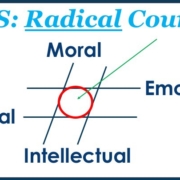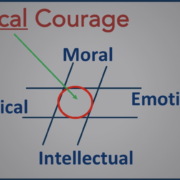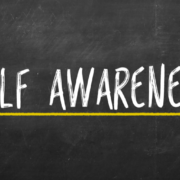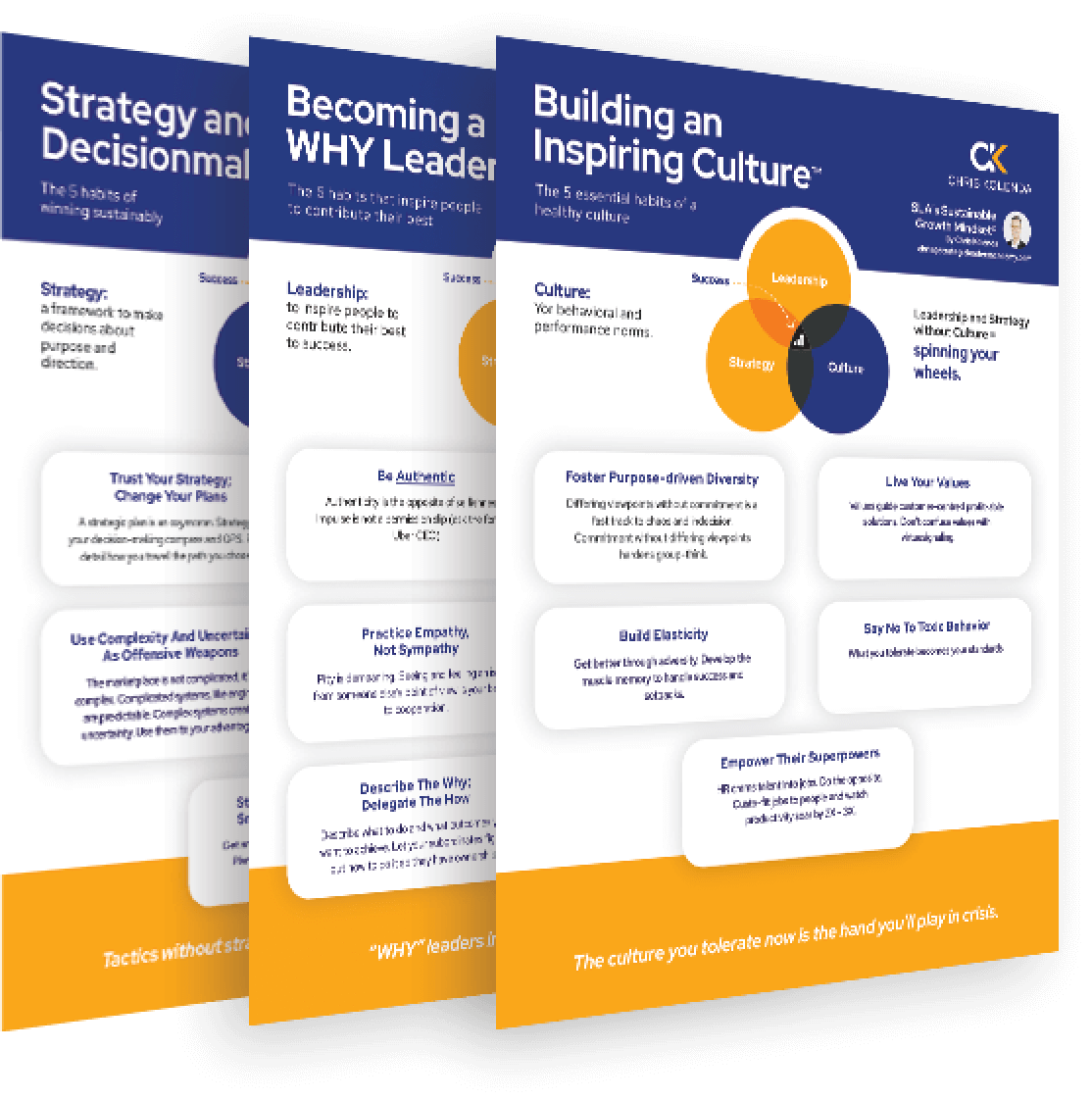Respect
RESPECT:
No one should have to learn perseverance from being assaulted or bullied

Respect
Respect is the conviction, reflected in action, that each person is equal and deserves to be treated with dignity. People may differ in their capabilities, limitations, experiences, and contributions, but no person is more or less worthy than another.
Many Americans were transfixed by the searing testimonies of Dr. Christine Blasey Ford and Judge Brett Kavanaugh on September 27. Politics aside, I hope we can agree that no one should be subjected to sexual assault, bullying, or other predatory or indecent behavior.
I was a scrawny, awkward, and shy high schooler. I was bullied relentlessly and was sexually assaulted by two priests. I vowed that I would never let that happen again. Much of my professional life has been subconsciously driven by this need to empower myself and protect others.
Listen to my full podcast interview
For the most part, this drive has been meaningful, productive, and impactful. The Army was a place I could thrive. I learned how to protect myself. I took on the toughest demands. Sometimes, as a sophomore at West Point, I was a jerk. I said and did plenty of dumb things. But I learned there that bringing the best out in people does not come from berating them; it comes from good leadership.
Being a good leader begins with being trustworthy and respectful. Only when a leader acts on those values will people be willing to follow.
Life lesson
A leader can be tough and have high standards without being a jerk.
People can sense respect, or lack of it, right away. Among the best examples in my life are former Homeland Security Secretary Jeh Johnson (pictured above), West Exec Co-Founder Michèle Flournoy, and General Stanley McChrystal. Each of these leaders gives their undivided attention to the people they speak with. In years of interactions, I’ve never seen them multi-task while talking with someone – no checking phones, reading papers or whispering to aides.
This act of focused attention subtly conveys that they value the other person.
Sexual harassment, misogyny, racism, bigotry, and the like are anathema to a culture of respect. They lead to a toxic work environment. Such treatment can have devastating effects on people. Think about the worst leaders you have ever known. Yes, we remember the awful ones for the rest of our lives. There is a good chance that these were people who treated you and others disrespectfully.
The workplace effects can be highly damaging, too. Uber lost roughly $30 billion in valuation after reports of sexual harassment, bullying, and other problems became public. Oxfam’s reputation and donor support took major hits when allegations of sexual misconduct surfaced.
Too often, leaders rationalize abusive leadership as necessary to get results. These examples show the flaws in that thinking. It’s like taking drugs that may boost some aspects of performance but ultimately kill you.
Lack of respect leads to high rates of employee disengagement and turnover. According to Gallup, roughly 67 percent of employees surveyed reported being unengaged at work. That means two out of every three employees is physically present but not contributing to the mission and vision.
Turnover leads to greater costs in hiring and training new employees. The revolving door impedes momentum and impact.
Action points
Put away the smartphone and give your employees, clients, and others your undivided attention.
When hiring, look for cues that communicate whether the candidate treats people respectfully. You can train skills but not character.
Get toxic leaders out of your organization. Some may get you short-term results, but they are likely to hurt your team and organization in the long-term.









